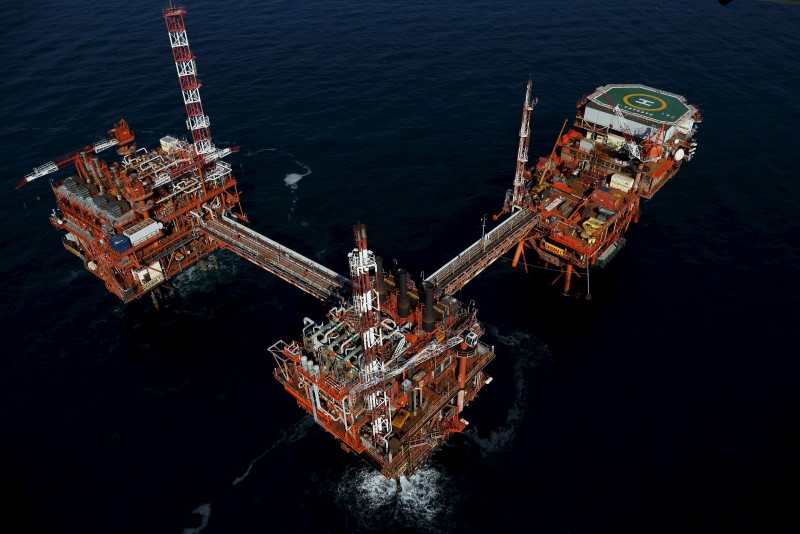S&P 500 slips, but losses kept in check as Nvidia climbs ahead of results
* Demand fears drag on prices
* OPEC+ supply concerns also weigh
* Producer group has pledged to support market
* Coming Up: Weekly API oil inventory data at 4:30 p.m./2030
GMT
(New throughout, updates prices and market activity, adds
analyst comments; new byline, changes dateline, previous LONDON)
By Laila Kearney
NEW YORK, Oct 20 (Reuters) - Oil was little changed on
Tuesday, pressured by the threat to demand from rising
coronavirus cases worldwide and increased Libyan output, though
traders said talk of a U.S. stimulus package was supporting
markets.
Brent crude LCOc1 futures fell 3 cents to $42.59 a barrel
by 11:55 a.m. EDT (1555 GMT).
November U.S. West Texas Intermediate (WTI) crude CLc1
futures fell 4 cents to $40.79. The more active December
contract was also down 4 cents at $41.02.
Investors are following negotiations between U.S. House of
Representatives Speaker Nancy Pelosi and Treasury Secretary
Steven Mnuchin over another U.S. coronavirus aid package, said
John Kilduff, partner at Again Capital in New York. "If we get a deal, I think that would be supportive, and if
we don't get a deal, I think that's going to be somewhat
punishing for prices," Kilduff said.
While the U.S. House, led by Pelosi, could potentially pass
a bill, the Republican-controlled U.S. Senate is less inclined
to agree to bill with a high price tag, hampering the
possibility of stimulus.
The rebound in COVID-19 cases in Europe and North America
that has sparked renewed lockdown measures is weighing on oil
prices, Kilduff said. "It undermines sentiment, it undermines economic activity,
it undermines demand," he said.
A ministerial panel of the Organization of the Petroleum
Exporting Countries (OPEC) and its allies, together known as
OPEC+, pledged on Monday to support the market. However, those countries plan on scaling back the size of
its production cuts in January from a current 7.7 million
barrels per day (bpd) to roughly 5.7 million bpd in January.
OPEC member Libya, which is exempt from the cuts, is also
ramping up production after armed conflict shut almost all of
the country's output in January, pumping more oil into an
oversupplied market.
Output from its biggest field, Sharara, resumed on Oct. 11
and is now at about 150,000 bpd, about half its capacity, two
industry sources told Reuters. Another 70,000 bpd oilfield is expected to restart on Oct.
24. (Additonal reporting by Ahmad Ghaddar in London, Sonali Paul in
Melbourne and Roslan Khasawneh in Singapore; Editing by
Marguerita Choy and Jason Neely)
